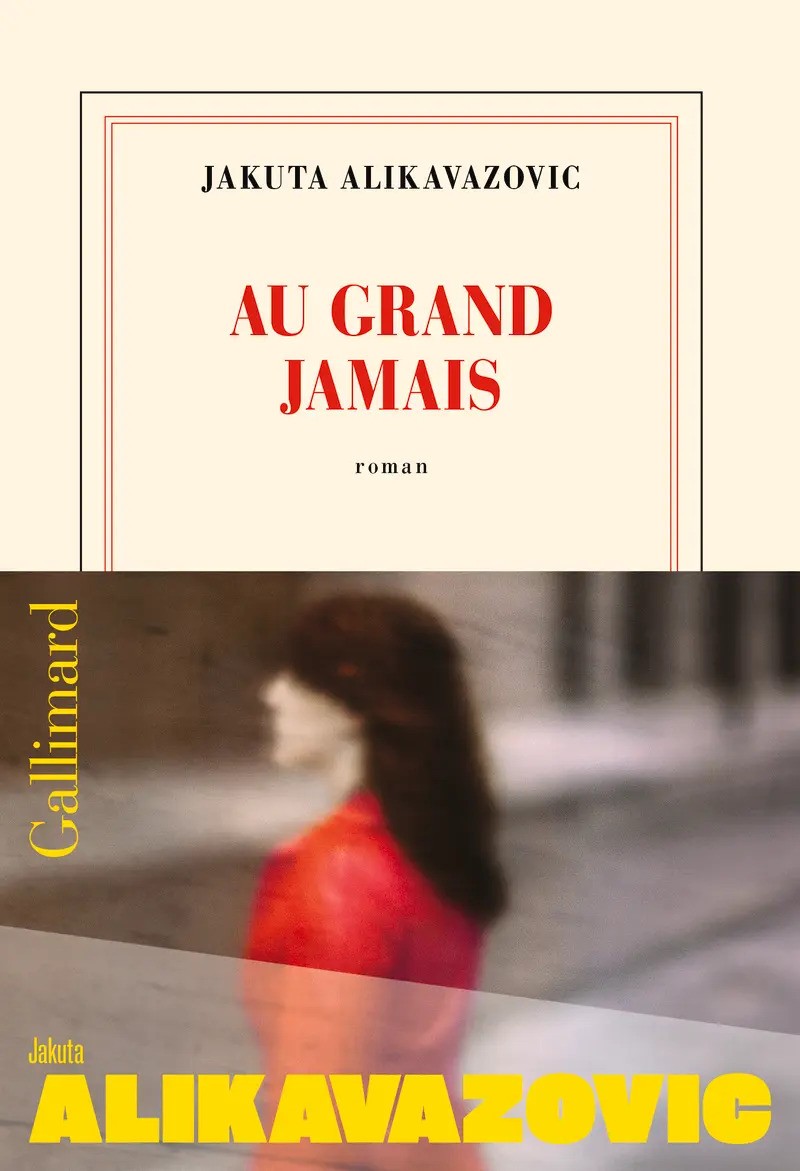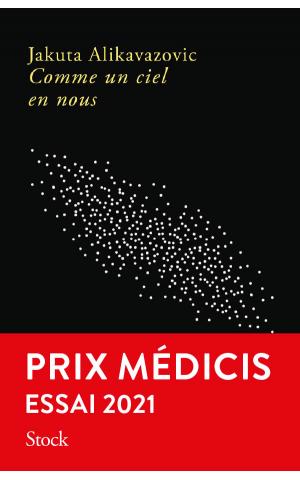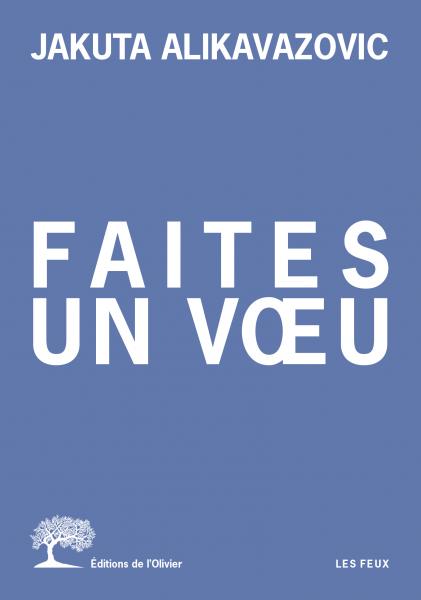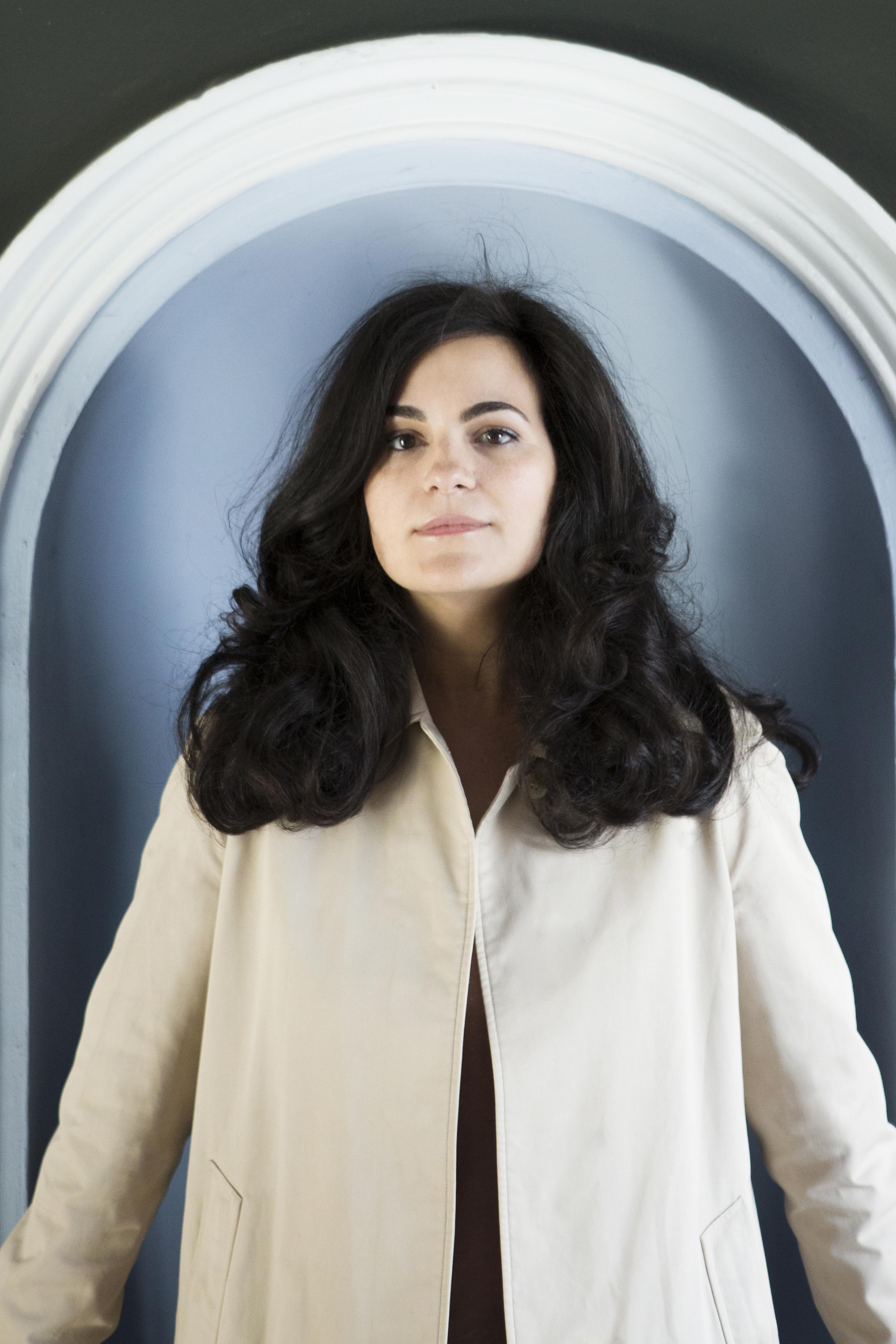The Great Never (Au Grand Jamais)

LONGLISTED for the Prix Femina, Prix Femina des Lyceens, Prix Renaudot, Prix Decembre, Prix les Inrocks and Prix Blu Jean-Marc Roberts
A virtuoso, gripping novel about family secrets and the refuges we can offer to what is lost.
‘We grow up in a country, in a home, as much as in certain stories. But these stories are not all equal. There is one that prevails. It may be the most painful. It can be the most seductive. One thing is certain: it's not always the one that is closest to the truth.’
The narrator's mother has disappeared. This woman, an acclaimed poet in her own country, had already experienced erasure after moving to France: little by little, writing had left her. Her daughter, now a mother in her own right, saw her disappearance as a key to solving the ‘enigma that is a person’. Following her instinct - or rather a gift? - she collects the symptoms of a repressed history, until she unearths its beating heart.
Full of echoes and secret folds, Au Grand Jamais is a great novel about what is transmitted behind the silences and about the stories that help us live.
"With Au Grand Jamais, a baroque tale of infinite grace centered on the figure of her mother, Jakuta Alikavazovic confirms her now preeminent place in the literary landscape."
— Livres Hebdo
"‘For a long time, a very long time, I had nothing to say about my mother’. How can we solve the mystery that is a person? Jakuta Alikavazovic dissects family secrets, her writing is both graceful and captivating."
— Nouvel Obs, the 25 Best French Novels of the Rentree
"Jakuta Alikavazovic’s new novel, AU GRAND JAMAIS, is permeated by the tension between what can be said and what remains inexpressible. She traces the series of disappearances of her poet mother, from the final eclipse of death to the invisibility of childhood, via her political erasure in the former Yugoslavia and the masks we wore during Covid. As in all of Jakuta Alikavazovic's work, the style is brilliant, clear, anchored in reality, bordering on the fantastic. Attentive to the visual power of details and the force of what is hidden, she gives pride of place to a silence that is spacious, a silence that is welcoming."
— Telerama
"“Who pays attention to their mother when she's around?” This is one of the major questions raised in Jakuta Alikavazovic’s fifth and brilliant novel, in which she blurs the lines between fiction and autofiction by recounting the disappearance of a novelist's mother. With her characteristic finesse, the author weaves the portrait of this elusive mother, an emigrant and poet, and creates a magnificent novel about truth, secrets, and “the silence that creates a world”."
— Les Inrocks (preview)
"In this fifth novel, Alikavazovic's writing reaches poetic heights. Never before has she handled motifs (a dress that melts onto the skin, a children's book whose story mirrors the main plot, a mysterious young man) and narrative structure with such intelligence. The different parts echo each other, forming loops, as if to ward off the passing of time. AU GRAND JAMAIS contains sublime passages on the act of writing, on literature (“we grow up as much in a country, in a home, as in certain stories”) and on mother/daughter relationships. And it is perhaps in this connection that the most fascinating aspect of the novel lies: in the way this maternal figure refuses to become a fictional character and allow herself to be imprisoned once again. This struggle, at times tender, at times almost fierce, between a narrator and her mother, between a novelist and her subject, is particularly moving. And sometimes, words surrender and Alikavazovic writes simply: "How lucky I was, after all, to have her as a mother, and not someone else"."
— Les Inrocks (long review)
"A magnificent novel, constructed through twists and turns, hypotheses, and revelations, through which Jakuta Alikavazovic's heroine speaks about her mother"
— La Tribune
"How can you hold on to reality when you are growing up with parents who have fled a country that no longer exists? How can you believe that anything can last? Or how can you live with the idea of impermanence? Jakuta Alikavazovic sets out in search of her “disappeared” mother. A Yugoslavian poet who emigrated to France, this woman, who took her baby daughter to Sartre's funeral, stopped writing one day and faded away into her home life. Her achievement in France was to secure her daughter's freedom, a daughter who is a resounding success. (…) Jakuta Alikavazovic goes back in time, winds and unwinds the ball of yarn, tangles the threads, and thus creates a tapestry whose meaning owes much to style: from the very first pages, a voice rises, whose rhythm—hurried, syncopated, precise—carries the reader along"
— French ELLE
"With her mother recently deceased, the narrator reflects on this woman who, over time, gradually faded away. How could the woman who frequented poets' circles in Yugoslavia in the 1960s and 1970s, where she was born and raised before coming to France, and who published two collections of poetry that were acclaimed in her country of origin give up poetry and writing? The novel delves into this mystery and these questions. It pulls at threads, navigating between childhood and teenage memories, family legends and the painful realities of the Yugoslavian upheavals. With prodigious evocative power, it unfolds a narrative form that is as precise as it is captivating where the observation of a seemingly insignificant gesture leads to powerful social criticism. It is also a magnificent novel about parenthood, silent transmission, and a mother who gives up her life to make room for her daughter"
— Page des Libraires




